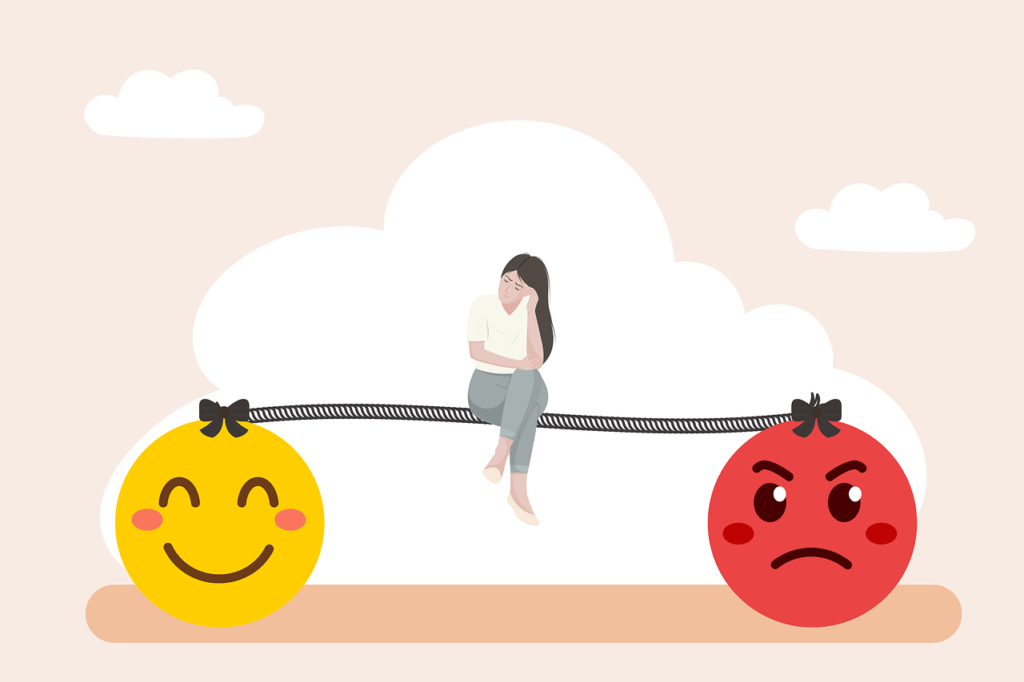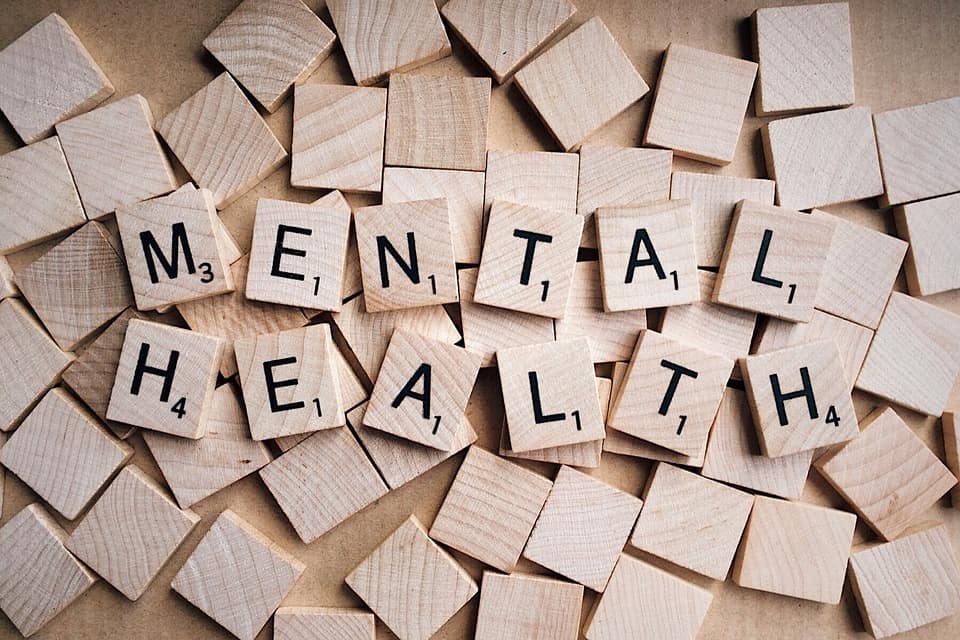Mental health is considered a necessary element of overall human health and well-being as it is linked to our thinking ability. Mental health influences how we mull over, feel, and act, as well as how we manage stress in our day-to-day affairs and shape our opinions. In this crowded fast-paced world, giving priority to internal health has become indispensable. Below, we explore the main aspects of internal health and how it can be nurtured and maintained for a fulfilling joyous life.
What does Mental Health mean?
Mental health is the state of mind of a person’s emotional, cognitive, and social well-being—positive and balanced. It directly impacts how we cope with stress, shape our outlook towards others, and make judgments in our day-to-day affairs. Maintaining good internal health involves balancing work, connections, relaxation, and mental care. Poor internal health, on the other hand, can lead to negative study patterns, dropped productivity, and simulated connections
The Significance of Mental Health
The significance of internal health cannot be exaggerated. It’s the foundation for a fulfilling life, enabling us to manage life’s challenges and lapses. Individuals with good internal health are more flexible, adaptable, and better equipped to manage stress. They’re also more likely to engage in healthy actions, maintain positive connections, and witness a lesser sense of purpose in life.
Common Mental Health Diseases
Numerous internal health diseases affect individuals worldwide. Some of the most common is:
- Depression: It is a common mental disorder. It is characterized by long-lasting depressed mood swings or a lack of interest or pleasure in routine activities.
- Anxiety: It is characterized by excessive solicitude, fear, or unease.
- Bipolar complaint: A condition involving extreme mood swings, from emotional highs( mania) to lows( depression).
- Schizophrenia: A severe complaint that affects a person’s capability to suppose, feel, and bear easily.
These underlying conditions can take a toll on a patient’s quality of life, but they’re treatable with proper intervention and due care.
Factors leading to Mental Health Issues
A variety of factors are responsible for deteriorating a person’s mental health are given below:
- Genetics: A family history of internal illness can increase the liability of developing an internal health complaint.
- Trauma: Passing trauma, whether emotional, physical, or sexual, can lead to long-lasting internal health issues.
- Substance Abuse: Abuse of medicines or alcohol can alter brain chemistry, leading to internal health problems.
- Habitual Stress: Dragged exposure to stress, whether due to work, connections, or other factors, can spark internal health challenges.
Indicators of Poor Mental Health
Fetting the signs of poor internal health is critical for early intervention. Some common symptoms include:
- The patient passion of sadness or forlornness.
- Pullout from social conditioning and insulation.
- Difficulty concentrating or making opinions.
- Changes in sleep patterns, either sleeping too important or too little.
- Increased use of substances, similar to alcohol or medicines, to manage feelings.
- Physically visible symptoms, like headaches, collywobbles, or undefinable pain.
Strategies for Maintaining Good Mental Health
- Maintaining internal health requires conscious trouble and fidelity. Below are some strategies to help nurture and support emotional well-being
- Regular Exercise: Physical exertion boosts the product of endorphins, the brain’s sense-good chemicals, which can help palliate stress and ameliorate mood.
- Healthy Diet: A well-balanced diet rich in fruits, vegetables, and whole grains supports brain health and can ameliorate internal mental clarity and necessary energy requirements.
- Recommended Sleeping Hours: Prioritizing sleep helps the brain process feelings and recollections, reducing the threat of mood diseases similar to depression.
- Social Connections: Maintaining strong connections with family and friends provides emotional support and reduces the fear of isolation.
- Mediation & Mindfulness: These practices help increase tone-mindfulness and reduce stress, promoting internal clarity and emotional balance.
- Getting Professional Help: Therapists, counselors, and psychiatrists can help out individuals suffering from internal health issues.
Effective Role of Therapy in Mental Health Care
Therapy is an effective way to manage and improve the quality of internal health. Below are several forms of remedy available, depending on the requirements of the existent:
- Cognitive Behavioral remedy (CBT): Focuses on changing negative study patterns and actions.
- Psychodynamic remedy: Aims to explore undetermined issues from the history that may be affecting a person’s mental health.
- Group Therapy: Provides support and stimulants through participating guests with others facing analogous challenges.
- Family remedy: Addresses issues within family dynamics that may be contributing to internal health problems.

Breaking the Stigma: Discuss openly about bad mental health
Despite growing mindfulness, certain stigmas prevent numerous individuals from seeking help. This stigma frequently stems from misconceptions and a lack of understanding about internal health diseases. It’s pivotal to break down these walls by educating others, promoting open exchanges, and encouraging those in need to seek professional backing without fear of judgment
Mental Health in the Workplace
Mental health isn’t just a particular issue; it also affects the plant. workers floundering with internal health problems frequently witness dropped productivity, advanced absenteeism, and simulated connections with associates. Employers can play a crucial part in supporting their staff by fostering a healthy work terrain. Offering internal health coffers, promoting work-life balance, and reducing plant stress are all effective ways to help workers maintain good internal health.
Mental Health and Physical Health:
Mental and physical health are almost intertwined. Poor internal health can lead to physical symptoms similar to fatigue, headaches, and digestive problems. Habitual physical ails can increase the threat of developing internal health diseases like depression and anxiety. Thus, to have a healthy life that encompasses day-to-day exercise, a well-balanced diet, and moderate sleep is essential for both mental and physical health.
Conclusion:
Internal health holds pivotal importance and demands attention.. Since it encompasses our connections to professional success it’s directly linked to every aspect of our lives, by prioritizing internal health through care, seeking help from experts, and nurturing healthy surroundings, we could lead healthier and more fulfilling lives.
FAQs
1- What is the number 1 mental illness in the world?
Experts consider depression the most common mental illness. Usually, women suffer more from it than their male counterparts.
2- Does mental illness come from parents?
Mental disorders are the result of both inheritable and environmental factors. There’s no single inheritable switch that when flipped causes an internal complaint.
3- What is the easiest mental illness to cure?
Anxiety ranks as the most frequently treated mental illness.
4- Why is mental health not taken seriously?
People have associated many stigmas with mental health. The most common among these is that people usually consider mental illness as a sign of weakness.
5- Can the brain heal itself from mental illness?
Yes, the human brain can do this. Recent studies have concluded that our grey matter can shrink and thicken these changes ultimately impact our thinking abilities
If you’re interested in pets and gardening then you should visit these websites petschirp and shimmerwise
